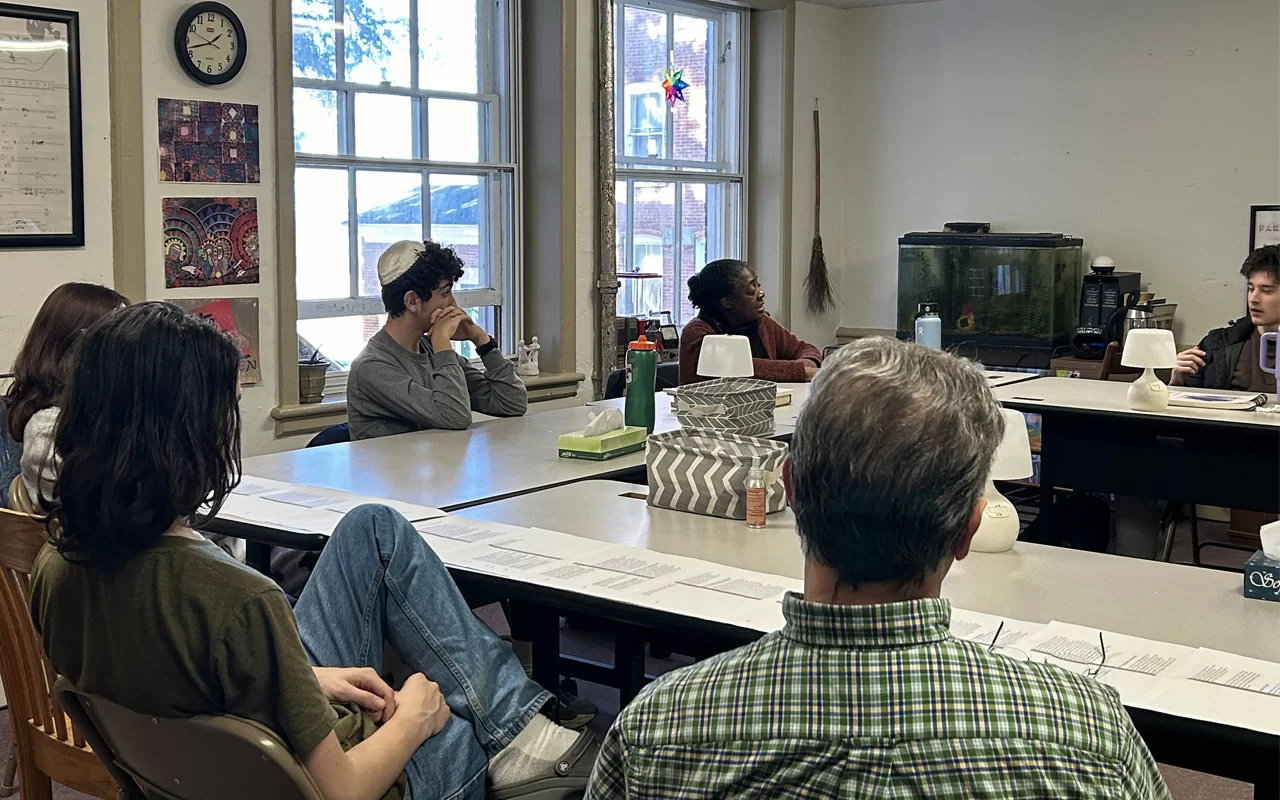Financial literacy is a crucial life skill that is often overlooked in traditional academic curriculums. However, the ability to understand and effectively manage finances is essential for the well-being and success of individuals in today's society. By incorporating financial literacy programs into academic institutions, we can empower the next generation with the knowledge and skills they need to make informed financial decisions and secure their financial futures.
The Need for Financial Literacy Programs
Many young adults graduate from high school and college without the basic knowledge needed to manage their finances effectively. This lack of financial literacy can lead to poor decision-making, debt, and financial insecurity. According to a survey conducted by the National Financial Educators Council, only 24% of millennials demonstrate basic financial literacy. This highlights the urgent need for financial literacy programs in academic institutions to bridge this gap and equip students with the necessary skills to navigate the complex world of personal finance.
Benefits of Financial Literacy Programs
- Empower students to make informed financial decisions
- Reduce levels of debt among young adults
- Help students build a strong financial foundation for the future
- Improve financial well-being and security
- Instill lifelong money management skills
Integration of Financial Literacy into Academic Institutions
Academic institutions play a vital role in shaping the knowledge and skills of students. By integrating financial literacy programs into the curriculum, institutions can ensure that students are equipped with the necessary tools to manage their finances effectively. These programs can be incorporated into various subjects such as mathematics, economics, and business studies to provide students with a well-rounded understanding of personal finance.
Key Components of Financial Literacy Programs
- Understanding the basics of budgeting and saving
- Managing debt and credit responsibly
- Investing and retirement planning
- Understanding taxes and insurance
- Identifying and avoiding financial scams
Impact of Financial Literacy on Students
Financial literacy programs can have a profound impact on students' lives now and in the future. By equipping students with the knowledge and skills to make informed financial decisions, these programs can empower them to take control of their financial futures and build a solid foundation for long-term financial success.
Long-Term Benefits for Students
- Improved financial decision-making skills
- Reduced levels of debt and financial stress
- Increased savings and investments
- Enhanced financial security and well-being
- Greater confidence in managing personal finances
Collaboration with Financial Institutions and Experts
In addition to integrating financial literacy programs into academic institutions, collaboration with financial institutions and experts can further enhance the effectiveness of these initiatives. By partnering with banks, credit unions, and financial advisors, institutions can provide students with real-world insights and practical advice on managing their finances.
Benefits of Collaboration
- Access to industry expertise and resources
- Opportunities for internships and mentorship programs
- Networking opportunities with financial professionals
- Insights into current trends and developments in the financial industry
- Practical support and guidance for students
Conclusion
Empowering the next generation with financial literacy is crucial for their long-term success and well-being. By implementing financial literacy programs in academic institutions and collaborating with financial institutions and experts, we can ensure that students are equipped with the knowledge and skills they need to make informed financial decisions and secure their financial futures. Together, we can build a generation of financially literate individuals who are prepared to navigate the complexities of the modern economy with confidence and competence.


